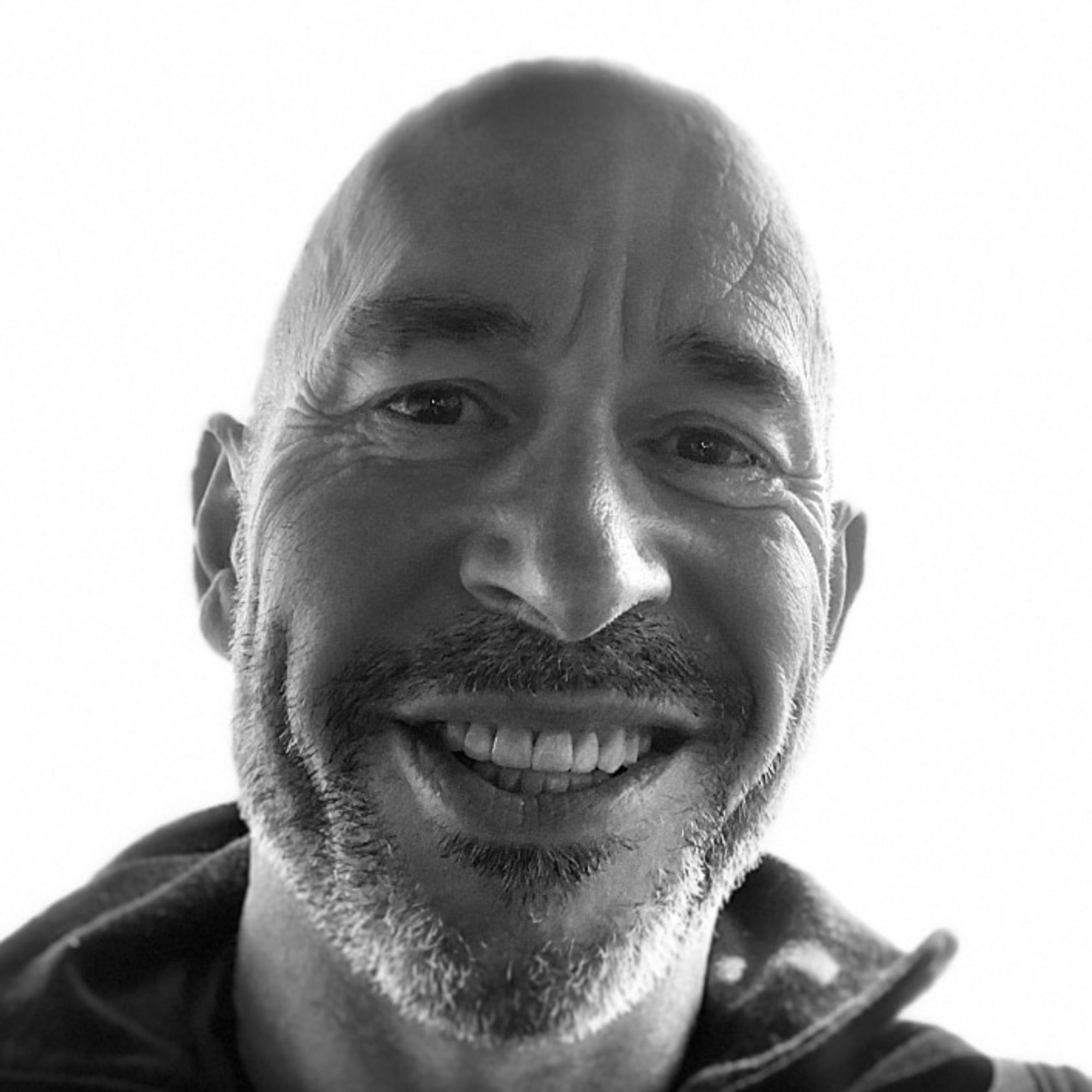Tags
Ready to Publish
Ready to Publish
Publish Date
Sep 5, 2021
Slug
Excerpt
Circularity is a feature of living systems that means we can become invisibly trapped inside of arbitrary limits. Definitely something important to be aware of.
Related Posts
Featured
Featured
External Link
Extra Info
Status
Scheduled
:Source URL
:Priority
Authors
What if I told you that the potential of our lives was invisibly controlled by something we have arbitrarily inherited. The size of our dreams and expectations and what we imagined possible in every moment of our life has an invisible ceiling that’s limiting us. Wouldn't you be curious about what it was that was creating this barrier and really interested in what you could do to reduce or remove it? Mmmmm … yeah!
Well the answer to that question begins with one of the most intriguing fundamental characteristics of life. We are never generally conscious of this characteristic, and yet it literally affects everything we do and experience. The formal name for this characteristic is “self referentiality”, but I prefer to call it simply "circularity".
In simple terms, circularity is when something refers back to itself. This happens whenever someone is experiencing or doing something to themself. For example if we were to hit ourself in the face, or notice how we are felt about that, we are being circular. As an example of circularity this doesn't seem particularly profound, but it gets more interesting when we start to think about circularity and beliefs.
"I'm not sure whether I can" is an example of a circular belief; it‘s a belief we have about ourself. The belief might have been formed out of some previous experience where we weren't able to do what we tried to do, or perhaps someone just told us we couldn't do it, and we believed them. Our circular beliefs become an invisible lens through which our perceptions and expectations are filtered. We're generally not conscious of these but they are shaping our experience in every moment of our lives.
Circularity is built into the very architecture of life. It's evident for instance in our biology and the wiring of our brains including how our perception works. You may have heard of the phase "confirmation bias". This term has gained increasing prominence alongside the field of behavioural economics. It means that people tend to favour information that confirms or strengthens their existing beliefs or values. In simple terms "we see what we expect to see" 1️⃣ and "we attempt to do what we expect to be successful at". 2️⃣.
One of the paradoxical features of circularity is that it has its own internal logic that makes total sense, and at the same time its foundations are somewhat arbitrary. Henry Ford captured this idea when he said;

A circular belief system creates itself; once it is in motion that is all that it can do. It’s self endlessly perpetuating.

We have beliefs, and some of those beliefs are about ourself. The actions we take and experiences we have are a reflection of these beliefs, and those actions create outcomes which are also a reflection of those beliefs. And so the cycle continues creating what it has always created.
"whatever we build ends up building us"
The only way we can create a different outcome is by defying the logic of circularity. We can either temporarily suspend the limits on our beliefs about ourself (think "trust" or "faith"), or we can push ourself to do something that we didn't think possible; in a sense they are both the same. There is no other loophole; this is the other way to change yourself.
The tragedy of our lives is when we mostly live asleep to the invisible glass ceiling of circularity. The first stage of any process of any fundamental change to ourselves and our life is The Reawakener: Reawakening - remembering our ability to "choose again". When we can see circularity then we have a new choice over our beliefs and actions and we can create a new and better outcome.
“Each person is both the one who creates and the one who is created”
Jacob Moreno
Erhard Werner calls this Already always listening
In psychology there is a field of study called "learned helplessness" which describes this sort of behaviour.



